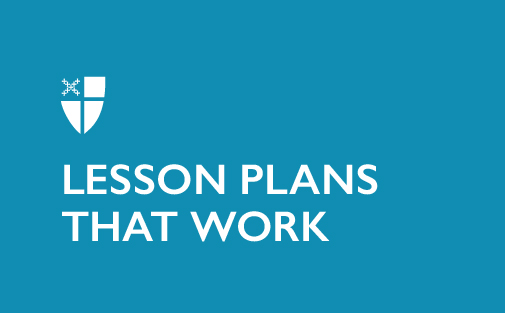Proper 22, Year A
Scripture: Matthew 21:33-46
This follows the parable of The Two Sons who were sent to the vineyard. One son, when asked to go work in the vineyard by their father said no, but went to work in the vineyard later. The other son, when asked to go work in the vineyard by the father, said yes, but did not go work in the vineyard. The parable from last Sunday and the one for this week are both about working in the vineyard and about doing God’s will, but this one has a twist at the end, reminding us that Jesus is the cornerstone.
Download the Lesson Plans for Proper 22
LPTW Proper 22, Year A, Younger Children
LPTW Proper 22, Year A, Older Children
LPTW Proper 22, Year A, Adults
LPTW Proper 22, Year A, All
